Council
Elisabete Martins
ERSA2022 Congress | Registration is OPEN!
|
RSSP Workshop | Ukraine: Geopolitical Realities And Regional Development Perspectives, May 20 – 21, 2022 | hybrid
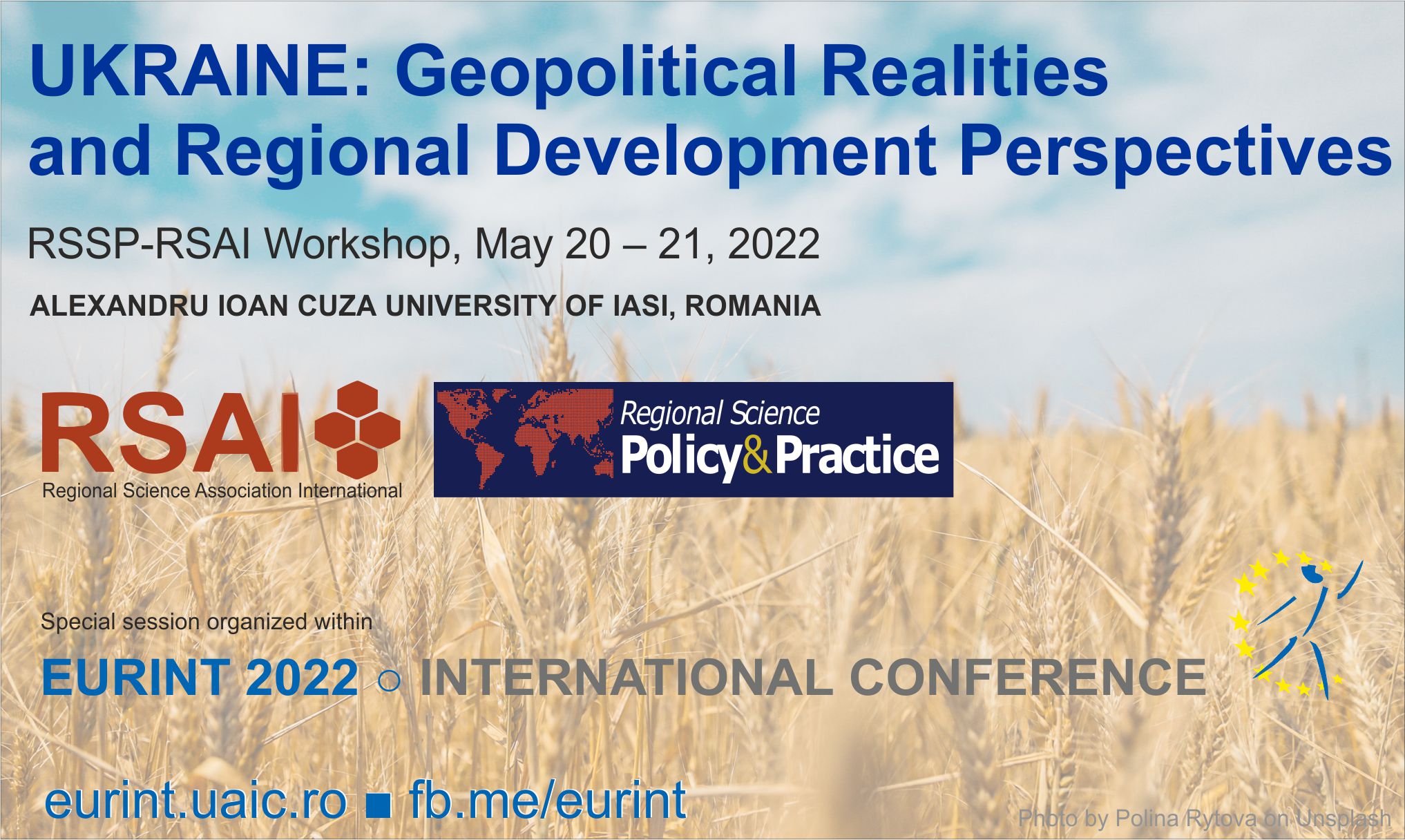
Ukraine: Geopolitical Realities And Regional Development Perspectives
RSSP-RSAI Workshop, May 20 – 21, 2022 | hybrid
This workshop is organized within EURINT conference with the support of Regional Science Policy & Practice (RSPP) and Regional Science Association International (RSAI)
Convenors:
Gabriela Carmen Pascariu (Alexandru Ioan Cuza University of Iasi, Romania); Oksana Holovko-Havrysheva (Ivan Franko National University, Ukraine); Oksana Krayevska (Ivan Franko National University, Ukraine).
Rationale
Ukraine became independent in 1991 after the dissolution of the Soviet Union. Like any country in the post-Soviet area it started to develop its own foreign policy, to conduct structural reforms to foster its economic development and it transformed to the key actor for ensuring internationally security, stability and prosperity. After the Euromaidan (2013) and the Revolution of Dignity (2013-2014), Ukrainian society clearly defined the main directions of its foreign policy leading to the incorporation of the European aspirations in the Constitution of Ukraine in 2019.
However, independence and the development of Ukraine became challenged by internal difficulties and geopolitical consequences.
By addressing the internal developments in the country and geopolitical context from an inter/multi/transdisciplinary perspective, this workshop addresses the new political, economic and societal transformations in Ukraine aimed at increasing stability, security and sustainable development inside the country and on the European continent in post war world. Ukraine is trying to overcome different challenges caused by the geopolitical situation, geographical position and economic development, which cause many difficulties for achieving positive outcomes in economic and societal transformation processes internally and externally, especially in the cooperation with neighbouring countries.
However, these challenges could create new opportunity windows for deep and comprehensive internal transformations leading to the modernisation of all spheres of socio-economic and political life in postwar perspective. These new opportunities cover such areas, but are not limited to good governance, strengthening democracy and capacities of political institutions, supporting regional development, ensuring resilience while reaching the sustainable development goals, european perspectives.
It aims, therefore, to bring together papers on theoretical and empirical research results on Ukraine from the multidisciplinary perspectives of economy, governance, institutions, culture/identity/history, international relations, European integration, human security, political science, society and democracy, or environmental issues and how to connect them with the sustainable development and regional development.
The topics proposed for debate are the following:
- ✔Historical Analysis of Evolving Political Geographies and Geoeconomics;
- ✔Actors, Institutions and Commitments: General Characteristics of the International Cooperation Practices of Ukraine;
- ✔War/Conflict in Ukraine: Looking for Multidisciplinary Solutions and Overcoming Challenges;
- ✔Content Analysis of Media on the Conflict in Ukraine;
- ✔Economic Development and Striving for Competitive Advantages on Global and Regional Markets;
- ✔Going Digital: Ukrainian Perspectives on Digitalization of Public and Private Life;
- ✔Ukrainian migration: economic, social and legal perspectives;
- ✔Social Development and Spatial Integration in Ukraine;
- ✔Regional Development in Ukraine: Internal and External Dimensions;
- ✔Ukraine in the Baltic-Black Sea Region;
- ✔Walls or Links of European Design;
- ✔Ensuring Security, Stability and Resilience: Ukrainian and Global Perspectives;
- ✔Tackling Environmental Issues: EU Green Deal and Combating Environmental Degradation;
- ✔Transformation of Public Governance in Ukraine: Lost between European Perspectives and Soviet Legacy;
- ✔Improving Energy Security in Ukraine for Boosting Economic Development and Stability;
- ✔Ensuring Rule of Law in Ukraine: Trends, Achievements and Difficulties;
- ✔EU and Ukraine: Challenge to Integrate;
- ✔Boosting Innovations in Ukraine: The Role of Education, Research and Development policies;
- ✔Overcoming COVID-19 in Ukraine: Reforming Public Health Sector.
More details at: https://eurint.uaic.ro/workshop-rsai.htm
Call for Submissions: PRSCO Award for Best Paper by a Young Regional Scientist
Call for Submissions
PRSCO Award for Best Paper by a Young Regional Scientist
The Pacific Regional Science Conference Organization (PRSCO) offers a Best Paper Award annually. The Award is aimed at encouraging young regional scientists within the Asia-Pacific region to participate in research within the PRSCO community and to achieve research excellence. PRSCO now invites submissions for the 2022 Award.
The Award will be made for the best submission to the PRSCO Best Paper competition by a young regional scientist, under the age of 35 (on December 31, 2022), who is from a PRSCO-relevant part of the world. The Award rules can be found on the PRSCO web site.
Papers submitted for the Best Paper Award should be presented to 27th the PRSCO online conference Kyoto origin on August 1-4, 2022.
Eligible authors who wish to submit a paper to the PRSCO Best Paper competition should email a pdf copy of their paper to the PRSCO Executive Secretary, Soushi Suzuki, This email address is being protected from spambots. You need JavaScript enabled to view it., by no later than Thursday, June 30, 2022.
Papers will be assessed by a PRSCO Best Paper Selection Committee and the author of the winning paper is expected to be notified by August 1, 2022. The decision of the Selection Committee will be final.
Submissions should include a cover page with the paper’s title, the author’s full name, affiliation, and contact details. Award applicants should either: state that the paper is single-authored; or provide the name of the co-author(s), together with evidence that the applicant is the lead author and has contributed over 70 per cent of the paper’s content. The applicant should also affirm that they meet the Award’s age criterion.
Mexican Section: 27th AMECIDER Conference, November 14-18, 2022, Online
Scottish Graduate School of Social Science - Studentship opportunity
The Scottish Graduate School of Social Science (SGSSS) has a PhD studentship (funded by ESRC) on "Economic and social outcomes of work-based learning across economic sectors: The case of Foundation Apprenticeships in Scotland". For more information on eligibility criteria and how to apply, please see the link below
https://www.sgsss.ac.uk/studentship/economic-and-social-outcomes/
First Announcement of PRSCO 2022, Kyoto 1-4 AUG
Dear PRSCO councilors and friends,
On behalf of 2022 PRSCO chair of LOC, we are so happy to inform you that here is a first announcement of PRSCO 2022 Online Kyoto origin, 1-4 AUG 2022;
PRSCO website Announcement
http://www.lst.hokkai-s-u.ac.jp/~soushi-s/prsco/
LOC website
https://sites.google.com/view/prsco2022/prsco2021?authuser=0
We would like you to circulate these information and attached file to your colleagues and friends.
NARSC session at 2023 AEA meeting
Dear Colleagues,
Based on the success of the North American Regional Science Council (NARSC) session at the 2022 American Economic Association (AEA) meeting, the organizing committee is now inviting submissions of abstracts (1-3 pages) to be considered for presentation at the NARSC session at the 2023 AEA session.
Considering the significant and ongoing disruptions to supply chains both globally and domestically, the theme of the 2023 session will be “supply-chain disruption.” All techniques and applications that focus on this theme are highly encouraged.
The 2023 AEA meeting will take place in-person in New Orleans, LA, Jan. 6-8 2023: https://www.aeaweb.org/
If interested, please submit your detailed abstract (1-3 pages), including authors’ name(s), affiliation(s) and contact information to Kelsey McDaid at This email address is being protected from spambots. You need JavaScript enabled to view it. by May 10, 2022.
There is no fee for submission. A fee is to be paid to AEA once your paper is selected.
We look forward to seeing you at the second AEA-NARSC session!
With best regards,
Sandy Dall’erba, University of Illinois Urbana-Champaign
Christa Court, University of Florida
Bill Ridley, University of Illinois Urbana-Champaign
John Sporing, North American Regional Science Council (NARSC)
Call for applications for NARSC/NERSA Summer School, June 26-July 1, 2022, New York
Call for Applications to the Inaugural NARSC/NERSA Summer School:
“An Integrated Assessment of Climate Change Adaptation Plans for New York City’s Waterfront.”
The North American Regional Science Council (NARSC), in collaboration with the Northeastern Regional Science Association (NERSA), and Cornell AAP NYC, is pleased to announce that the inaugural NARSC/NERSA summer school will be held on the Cornell Tech Campus on Roosevelt Island in New York City from June 26th to July 1st 2022.
The thematic focus of this year’s summer school will be “An Integrated Assessment of Climate Change Adaptation Plans for New York City’s Waterfront.”
Program at a Glance
This Summer School will provide an immersive experience for 12 to 15 Ph.D. students, or post-doctoral researchers who have completed their doctoral studies within the last five years, to work together in interdisciplinary teams to examine aspects of implementing the “New York City Comprehensive Waterfront Plan” and the “Financial District and Seaport Climate Resilience Master Plan” in the Lower Manhattan Waterfront. Tutorials on theories and methods relevant to this work will be provided. Participants will be expected to study background materials prior to the summer school and collaborate with other participants after the event to complete a project report and scholarly papers for presentation at the November 2022 NARSC meetings in Montreal and submission to a regional science journal for publication in a special issue.
Key Dates
Call for Applications April 4th
Application Deadline May 1st May 8th
Notification of Acceptance May 15th
Registration Deadline May 25th
Fee Payment Deadline June 15th
Details on the prospective program, the application and admission process, registration fees, and Summer School staffing can be found at http://neregionalscience.org/. Scholarship funding is available.
Contacts
NERSA Administration This email address is being protected from spambots. You need JavaScript enabled to view it.
John Carruthers This email address is being protected from spambots. You need JavaScript enabled to view it.
Kieran Donaghy This email address is being protected from spambots. You need JavaScript enabled to view it.
Shriya Rangarajan This email address is being protected from spambots. You need JavaScript enabled to view it.
ERSA Monthly E-news - March 2022
|
In Memoriam: Prof. Tatsuhiko (“Tats”) Kawashima (1940-2021)
 Professor Tatsuhiko (“Tats”) Kawashima died on November 4, 2021. He earned bachelors and masters degrees in economics from the University of Tokyo and received the Ph.D. in Regional Science from the University of Pennsylvania in 1969. He was then appointed Assistant Professor of Regional Science at Penn. He resigned from the position in 1973 to return to Japan as Assistant Professor of Economics at Gakushuin University. He was promoted to professor at Gakushuin in 1976. He took emeritus status in 2011. In addition to his research on regional economic development, Professor Kawashima engaged in humanitarian work installing clean water and sewage infrastructure in mountainous northern Thailand with his students, and he was a member of an advisory panel to the Ministry of Land, Infrastructure, Transport and Tourism in Japan. He is survived by his daughter, Crown Princess Kiko and his son-in-law Prince Fumihito, and three grandchildren—the former Princess Mako, Princess Kako and Prince Hisahito.
Professor Tatsuhiko (“Tats”) Kawashima died on November 4, 2021. He earned bachelors and masters degrees in economics from the University of Tokyo and received the Ph.D. in Regional Science from the University of Pennsylvania in 1969. He was then appointed Assistant Professor of Regional Science at Penn. He resigned from the position in 1973 to return to Japan as Assistant Professor of Economics at Gakushuin University. He was promoted to professor at Gakushuin in 1976. He took emeritus status in 2011. In addition to his research on regional economic development, Professor Kawashima engaged in humanitarian work installing clean water and sewage infrastructure in mountainous northern Thailand with his students, and he was a member of an advisory panel to the Ministry of Land, Infrastructure, Transport and Tourism in Japan. He is survived by his daughter, Crown Princess Kiko and his son-in-law Prince Fumihito, and three grandchildren—the former Princess Mako, Princess Kako and Prince Hisahito.
About Us
The Regional Science Association International (RSAI), founded in 1954, is an international community of scholars interested in the regional impacts of national or global processes of economic and social change.

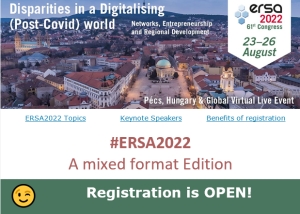



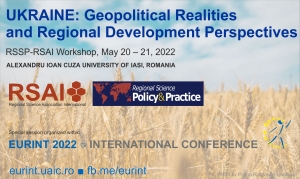
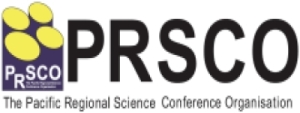
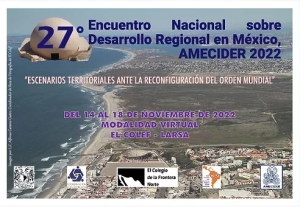
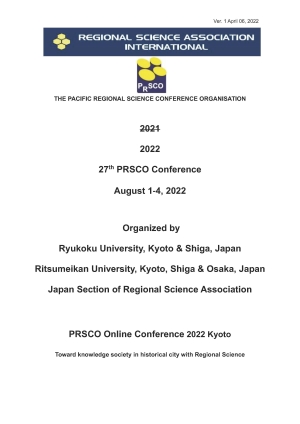

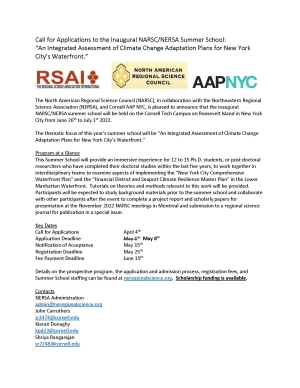
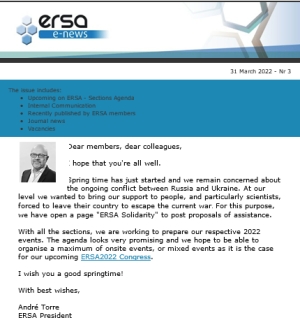

 Dear members, dear colleagues,
Dear members, dear colleagues,











